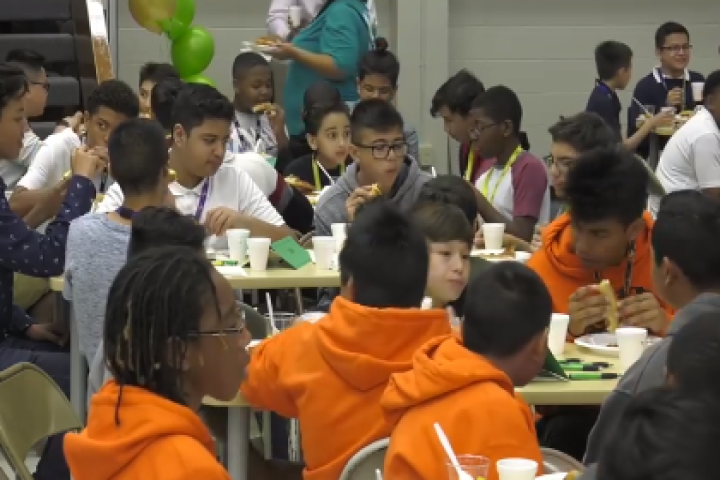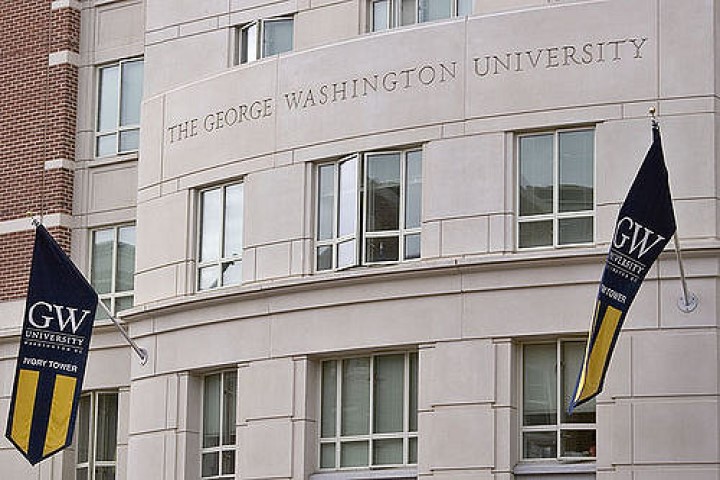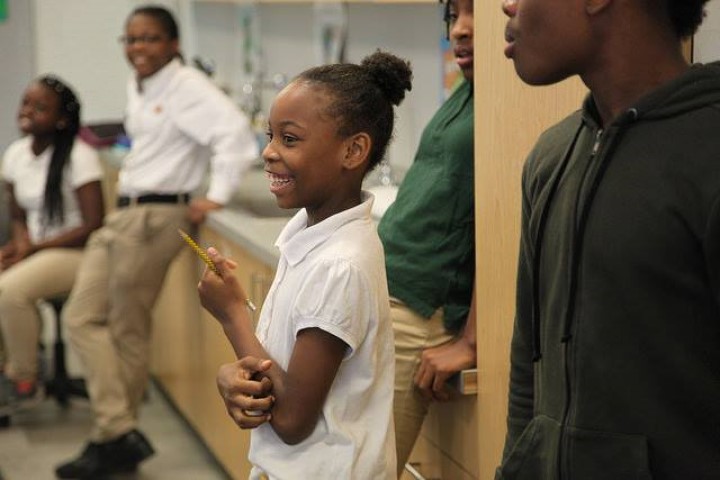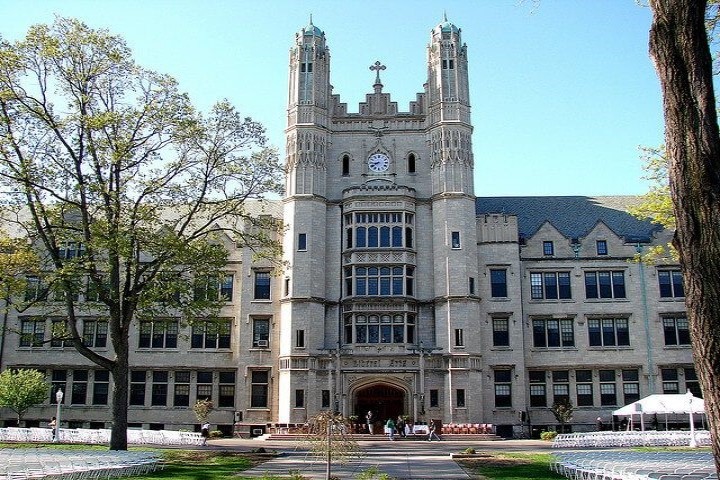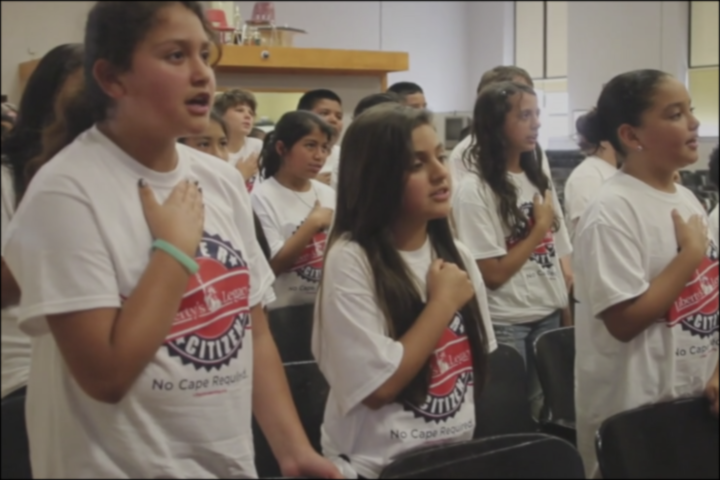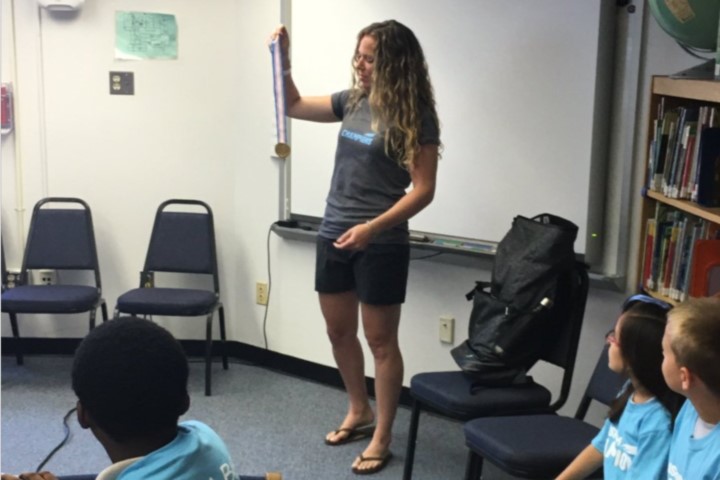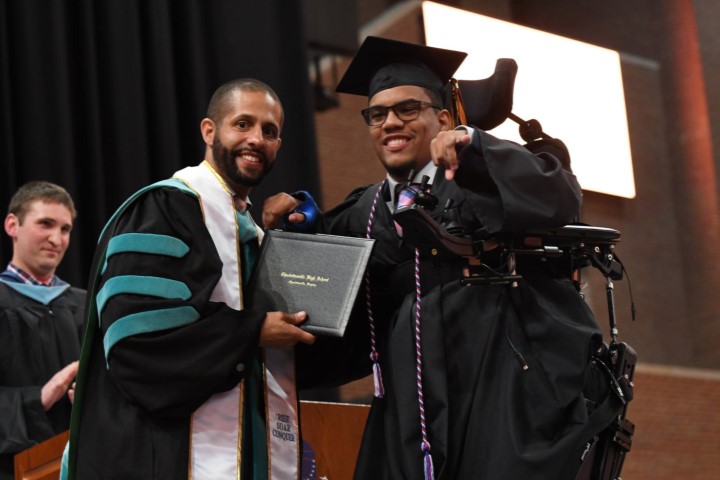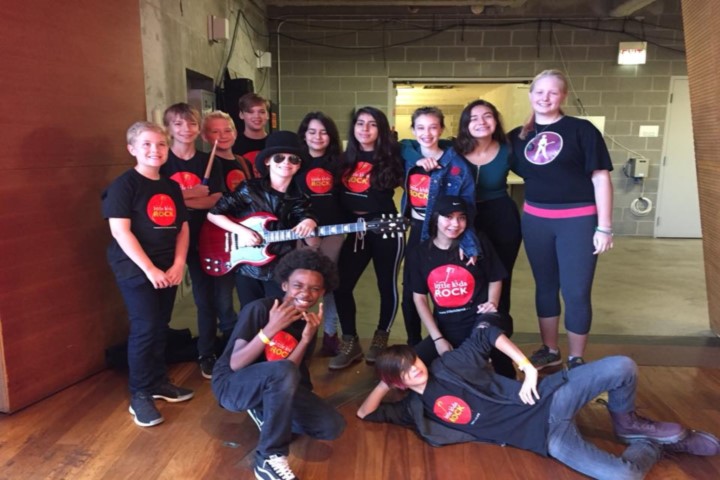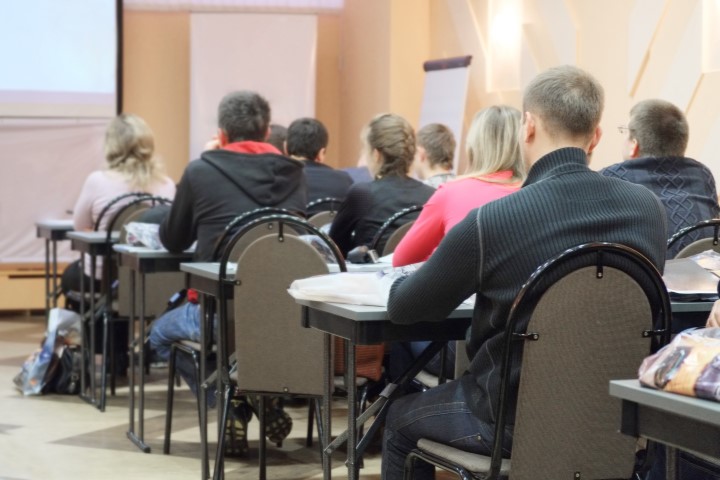The Wichita, Kansas school district is working to give its young male minority students a strong BAASE to set them up for success in college and life.
BAASE – an acronym for Better Academics and Social Excellence – is a new program aimed at rewarding black and Latino boys in the city’s 16 middle schools who are thriving in class and encouraging them to pursue bigger things, The Wichita Eagle reports.
More than 500 seventh- and eighth-graders – all with a GPA of 3.2 or better, excellent attendance and good behavior last school year – recently gathered at the district’s headquarters to eat pizza and watch an inspirational video, “Dare to Dream,” featuring icons like Martin Luther King Jr., Michael Jordan, Misty Copeland, and others, according to the news site.
“They’ve already demonstrated that they have the ability to go to college,” said William Polite, Wichita’s director of diversity. “Our goal is to bring them all together to create a positive peer group where it’s cool to be smart and it’s fun to be smart.”
The district’s executive director of secondary schools, Robert Garner, addressed the boys at the event, where he explained that a high school diploma is “the bare minimum” and encouraged students to enroll in Advanced Placement and International Baccalaureate courses.
“You are the kinds of students that we believe can be leaders,” he said. “You’re the ones that are going to make a difference in the world.”
“Our goal is that each of you will graduate and go further,” Garner said. “We’re trying to build you up – build your resume to the level where, when you graduate from high school, you will walk out the door and be ready for that college opportunity.”
The first meeting focused mostly on setting goals. The invited students also signed their name to a pledge “to enter into a brotherhood of a higher level by holding ourselves and each other accountable to the highest standard of achievement both academically and socially.”
Future meetings will include guest speakers, practice interviews, college visits and other activities focused on building the character.
“Polite said advisers at each middle school will use a free curriculum called ‘Believing the College Dream’ to guide conversations about the importance of education,” the Eagle reports. “They’ll also practice social and emotional skills and talk about important character traits such as honesty, persistence and self control.”
The Wichita district’s focus on helping students develop social emotional intelligence underscores the reality that schools are formative institutions, with a mission that extends far beyond academics.
James Davison Hunter and Ryan S. Olson, with the Institute for Advanced Studies in Culture, write in “The Content of Their Character”:
Human beings, after all are not merely cerebral, but sentient; not merely rational, but feeling – and beyond the intellectual and emotional, they are social and normative beings, too.
The Jubilee Centre for Character and Virtues offers resources to develop educators develop emotional intelligence and positive character virtues in students. By connecting emotions, choices, and actions, the Jubilee Centre materials push students beyond skills and toward the virtue of compassion for others.
